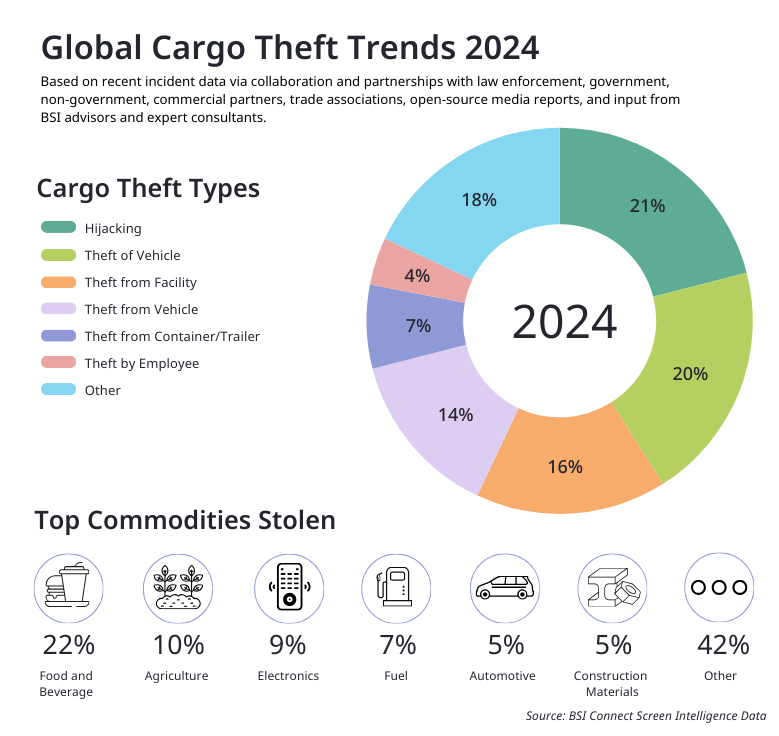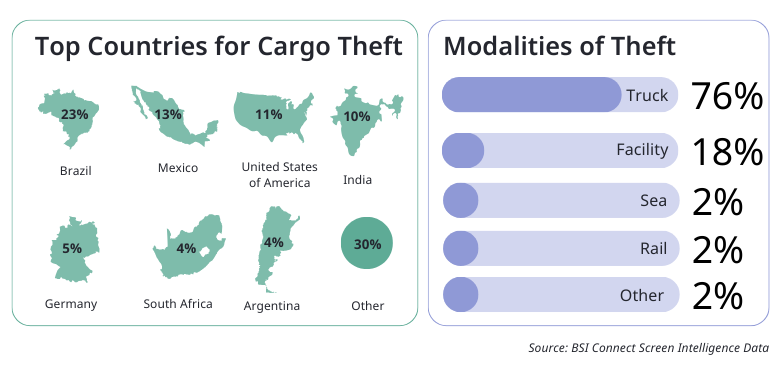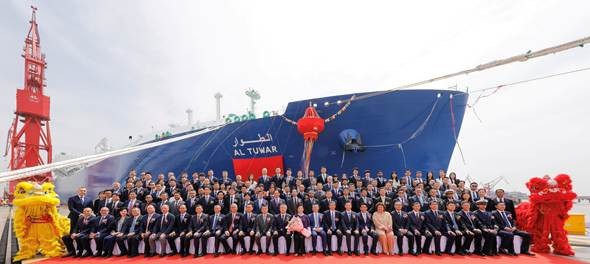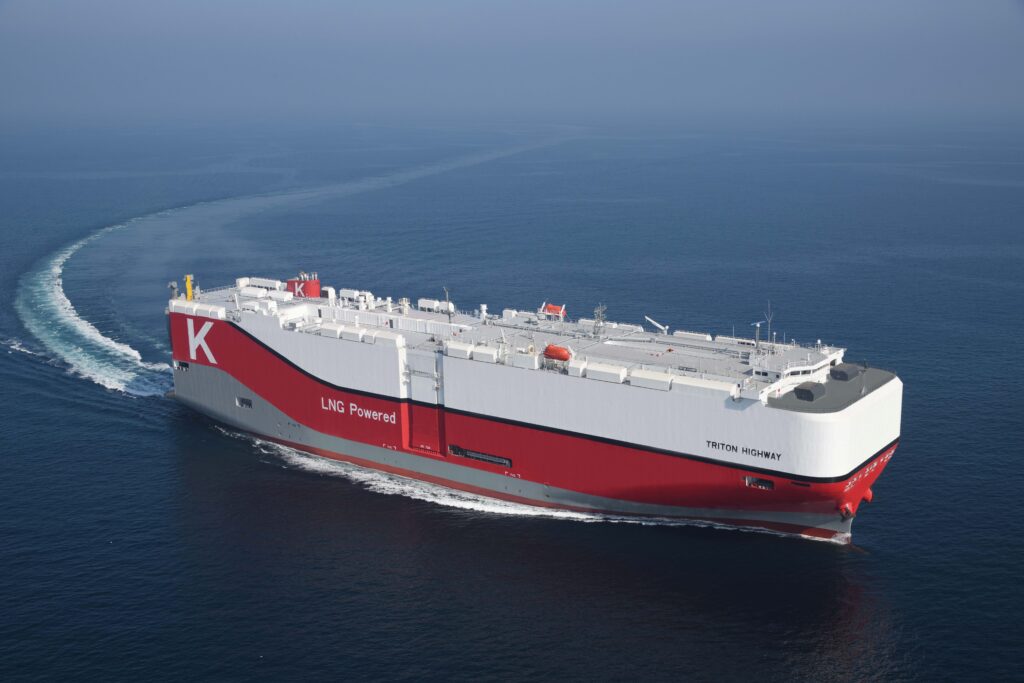GEODIS announces the signing of a cooperation agreement with DOLFINES for the development and commercialization of a port-based version of a high-capacity lifting device dedicated to floating offshore wind projects.

Through its subsidiary Sealogis, GEODIS will support DOLFINES—an engineering company specializing in energy industry solutions—in the adaptation and industrialization of a “Mobile XXL” version of the OHME (Offshore Heavy Maintenance Enabler) lifting system. This innovative solution will be capable of installing offshore wind components weighing between 800 and 1,000 tons, meeting the logistical needs of next-generation power generation projects (15 to 20 MW). The technology aims to provide a high-performance, more flexible alternative to ring cranes currently in use.
This ten-year agreement grants GEODIS exclusive rights to market the Mobile XXL OHME system across several strategic markets in Europe. DOLFINES will retain intellectual property rights and patents for the technology. GEODIS will be involved in the commercial development of future contracts.
Nicolas Bonnier, Global Manager Offshore Wind Solution, Project Logistics at GEODIS, stated: “GEODIS supports offshore wind players with a comprehensive offering which encompasses engineering, logistics, and specialized transport. In a context marked by the complexity of assembly operations and a scarcity of suitable equipment, we identified the potential of the OHME Port tool developed by DOLFINES. It offers a viable, scalable, and sustainable solution to meet the logistical challenges of the new generation of wind turbines. Our engineering teams are already working on the design of this Mobile XXL version.”
This partnership is fully aligned with GEODIS’ strategy to accelerate the development of innovative, low-impact logistics solutions, particularly in the renewable energy sector.
GEODIS – www.geodis.com
GEODIS is a leading global logistics provider acknowledged for its expertise across all aspects of the supply chain. As a growth partner to its clients, GEODIS specializes in four lines of business: Global Freight Forwarding, Global Contract Logistics, Distribution & Express Transport, and European Road Network. The Group operates a global network spanning nearly 170 countries and 50,000 employees. In 2024, GEODIS generated €11.3 billion in revenue. GEODIS is a company owned by SNCF group.















